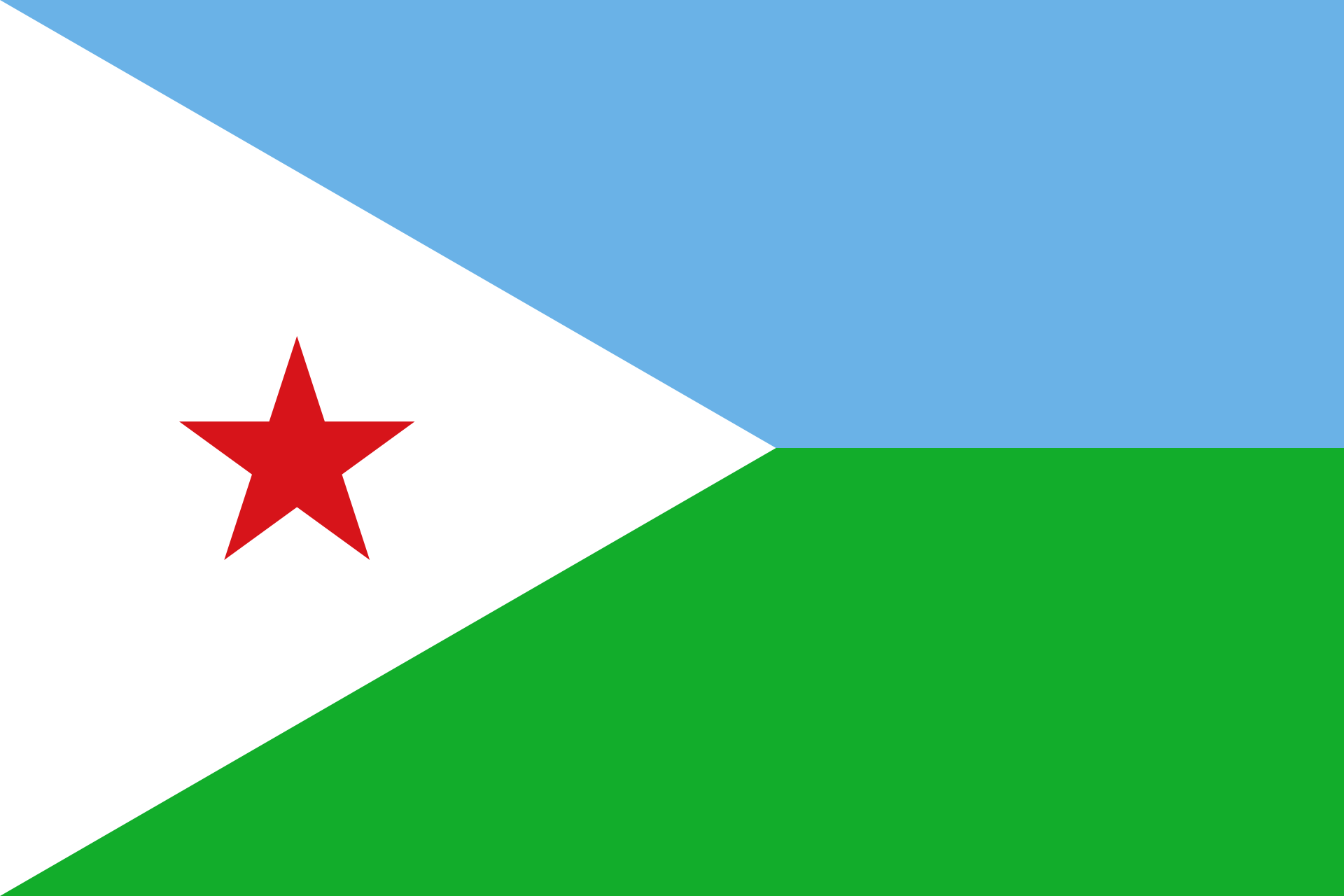Djibouti
Djibouti, on the Horn of Africa, is a mostly French- and Arabic-speaking country of dry shrublands, volcanic formations and Gulf of Aden beaches. It’s home to one of the saltiest bodies of water in the world, the low-lying Lake Assal, in the Danakil Desert. The nomadic Afar people have settlements along Lake Abbe, a body of saltwater featuring chimneylike mineral formations.

-
Capital: Djibouti City
Important Cities: Tadjoura, Obock, and Ali Sabieh
Airports:
- Djibouti City (JIB)
International Air Connectivity:
Djibouti-Ambouli International Airport connects Djibouti to international destinations, with airlines offering flights to various cities in the Middle East, Europe, and Africa.
Domestic Air Connectivity:
Domestic flights connect different parts of Djibouti, facilitating travel within the country.
Tourist Attractions:
Lake Assal: The lowest point in Africa and one of the saltiest lakes in the world.
Ardoukoba Volcano: An extinct volcano with a unique and picturesque caldera.
Moucha Island: Known for its pristine beaches and snorkeling opportunities.
Goda Mountains: Ideal for hiking and exploring Djibouti’s diverse landscapes.
Ardoukoba Volcano: An extinct volcano with a unique and picturesque caldera.
Moucha Island: Known for its pristine beaches and snorkeling opportunities.
Goda Mountains: Ideal for hiking and exploring Djibouti’s diverse landscapes.
Cuisine:
Djiboutian cuisine reflects its multicultural heritage, featuring dishes like skoudehkaris (rice with spices), sabayah (a savory pastry), and various types of grilled meats and seafood.
Cultural Activities:
Explore Djibouti’s rich cultural heritage through traditional dance, music, and the observance of Islamic and Afar customs. The country celebrates various festivals, including religious and cultural events.
Accommodation:
3-Star Hotels: Examples include the Hotel Residence de l’Europe and Hotel Al-Bahr.
4-Star Hotels: Djibouti offers options like Sheraton Djibouti Hotel for a more luxurious stay.
5-Star Hotels: The Kempinski Hotel Djibouti provides a top-tier hotel experience.
4-Star Hotels: Djibouti offers options like Sheraton Djibouti Hotel for a more luxurious stay.
5-Star Hotels: The Kempinski Hotel Djibouti provides a top-tier hotel experience.
Transport Connectivity:
Rail: Djibouti is known for its modern railway system connecting the capital to Ethiopia, offering an important trade link.
Road: Roads and highways are well-developed and serve as key transportation links within the country.
Road: Roads and highways are well-developed and serve as key transportation links within the country.
Population:
Djibouti’s population is estimated to be around 1 million people.
Religion:
Islam is the predominant religion in Djibouti, and a significant majority of the population is Muslim.
Languages Spoken:
French and Arabic are the official languages. Afar and Somali are widely spoken, reflecting the ethnic diversity of the population.
Disclaimer:
The information above is for reference, and we do not accept any liability for inaccuracies or updates.